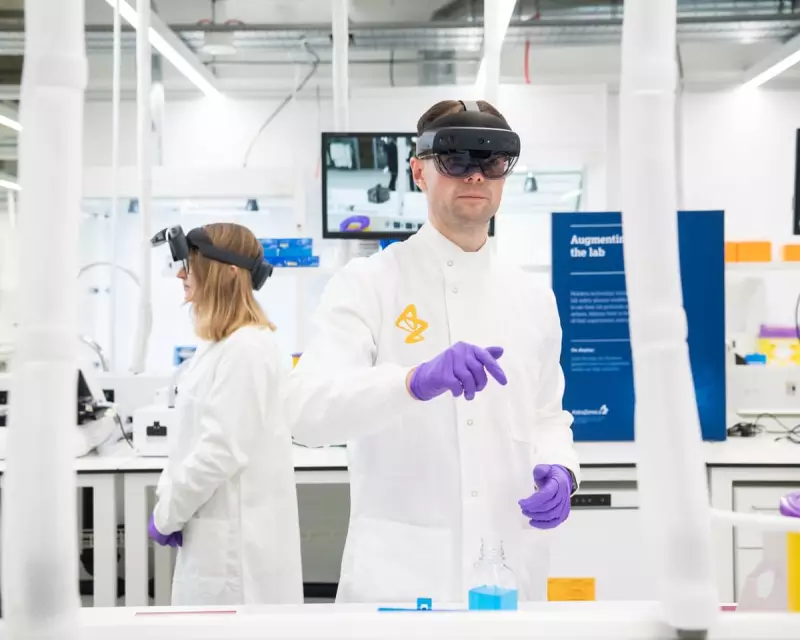
In a powerful endorsement of Britain's life sciences sector, three of the world's largest pharmaceutical companies have unveiled plans for billions of pounds in new UK investment. The move, announced in the wake of Donald Trump's US election victory, signals a major strategic shift towards British research and manufacturing capabilities.
A Surge of Investment into British Science
AstraZeneca, the UK's own pharmaceutical champion, is leading the charge with a monumental £650 million commitment. This investment is earmarked for expanding its strategic drug manufacturing capabilities at its Macclesfield site, safeguarding high-skilled jobs and boosting domestic medicine production.
They are not alone. American rivals MSD, known as Merck in the US, and Eli Lilly are making similarly significant plays. MSD is set to plough hundreds of millions into a massive new state-of-the-art research and development facility. While the final location is still under discussion, this project promises to create a new hub for scientific discovery.
Eli Lilly's Vote of Confidence in UK Manufacturing
Eli Lilly's commitment further cements this trend. The firm has confirmed a substantial investment focused on expanding its packaging and manufacturing operations within the UK. This directly enhances the country's capacity to produce and distribute vital treatments, from cancer therapies to diabetes medicines, to patients both domestically and across the globe.
The Trump Factor: A Catalyst for Change
Industry analysts are closely linking this wave of investment decisions to the recent US presidential election. The return of a Trump administration, with its anticipated focus on deregulation and corporate tax incentives, is causing global firms to reassess their strategic priorities. For these pharma giants, the UK's stable business environment and world-class research base now appear an even more attractive proposition for long-term investment compared to a potentially volatile US market.
This sentiment was echoed by the UK's Chancellor of the Exchequer, who hailed the announcements as a "clear vote of confidence" in the government's economic plan and the strength of the British science sector.
What This Means for the UK's Future
The collective investment from these three firms represents one of the most significant boosts to UK pharmaceuticals in recent years. The benefits are multifold:
- Job Creation: Hundreds of new high-skilled, high-wage jobs in research, engineering, and manufacturing.
- Research Leadership: Cementing the UK's status as a global leader in medical innovation and drug discovery.
- Supply Chain Security: Strengthening the domestic manufacturing of critical medicines, making the UK's drug supply more resilient.
- Economic Growth: Driving economic activity and attracting further investment from the global life sciences industry.
This major commitment from 'Big Pharma' underscores a pivotal moment for the UK, positioning it as a premier global destination for medical research and manufacturing in the post-election landscape.





